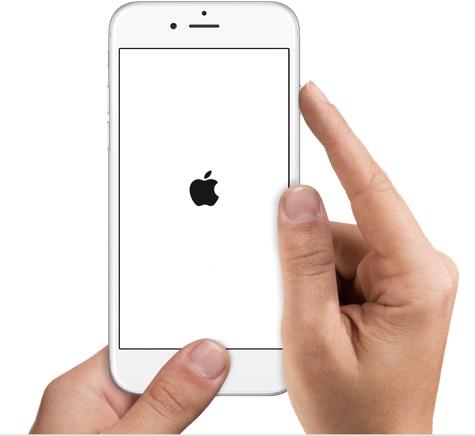Let’s face it. We use our phones for absolutely everything. They can record high-quality videos and take beautiful pictures, we manage our banking from apps on our phones, we are communicating with others using our phone numbers, or social media apps that are frequently connected to our phone numbers so we can “prove” our identity, and much, much more.
That can potentially put us in some danger, especially if there’s an information leak and our phone numbers and other linked information gets into the wrong hands.
For some, it may be tempting to put your phone down altogether and recede into paranoia for the sake of your privacy, but there are some other things that you can try if you still want to be able to appreciate the conveniences that our phones manage to give you.
The New Burner Phone: Get a Burner App
While you may have heard of burner phones, have you ever heard of a burner app? They work pretty similarly to each other in terms of intention, but a burner app doesn’t require that you spend an excessive amount of money purchasing another phone contract. You don’t even need to buy another physical phone.
A burner app comes with a lot of positive benefits, simply by giving you access to another phone number (or as many as you’d like to purchase). And you can do whatever you wish with this phone number, which can give you a lot more flexibility and peace of mind.
It keeps you from having to restrict yourself when apps and services give you the option of putting in your phone number, or even when they require you to add a phone number for notifications or two-factor authentication. And that’s because you can use this burner app number instead of your one.
Avoid Giving Out Your Phone Number
As I previously mentioned, our phones and phone numbers are connected to our other accounts and information in numerous ways. And that means that the more often we give out our phone numbers or connect them to another account or service, the we open ourselves up to a little more possibilities for danger and risk.
Don’t Give Your Number to People You Don’t Trust
Especially if you’re only meeting someone for the first time, or if you just don’t want to give out your number to someone, it’s best to avoid giving it to them for the sake of your phone’s overall privacy and protection.
That means, unless you can confidently say that you trust someone, like close friends or immediate family members, you can choose to connect with others differently. You can even make the decision that you don’t want to connect at all.
The social pressures that come from saying yes to avoid an awkward silence or making someone feel bad can be pretty strong. However, if you value your privacy more than a little forced laughter coming from a stranger, it’s always okay to say no.
The only case in which it is preferred you give someone a number is if you feel like you’re in immediate physical danger. That doesn’t have to be your number either. You can choose to make one up if you’re in a real rush. But there are some numbers dedicated to being “rejection hotlines,” where a prerecorded message plays when the other person tries to call.
Putting in Your Phone Number is Optional
Some websites and service pages will request you put in a phone number so that they can get in contact with you, but this is frequently only optional. Unless you’re deadset on using a particular service that requires a phone number, you probably don’t need to include your number.
So, even if putting in your phone number is easier or more convenient than adding your email address or another form of communication, you can potentially choose to do that instead. Especially if you’re prioritizing your sense of privacy as it relates to your phone, then you don’t need to add your number.
Don’t Open Suspicious Links
Sometimes people will dedicate their time to sending out spam texts and other messages to their phones, and that’s unfortunate. However, it’s important to know that some links can spread dangerous viruses onto your devices if you aren’t careful, even if the website’s landing page looks normal.
If the link looks suspicious, or if the link is being sent to you by someone who you don’t recognize or trust, then just choose not to click on that link.
It could save you a lot of headaches, stress, and money. Not only are there occasionally costs associated with participating in scams, even accidentally, but it can also be costly to attempt to fix the situation and prevent something similar from happening to you again.

































